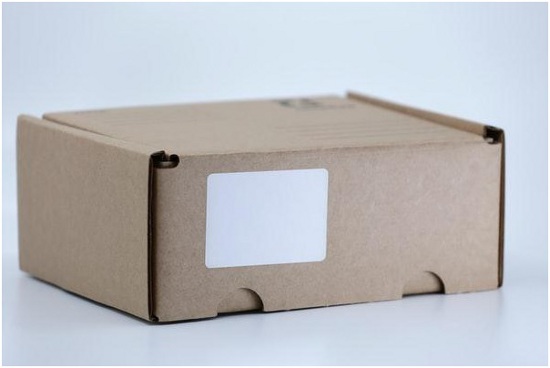As a beauty business owner, you know that inventory management is key to success. But with so many products on the market, it can be tough to keep track of what you have and what you need. Keep reading for tips on how to manage your beauty business’ inventory for success.
Develop a system for tracking inventory.
![]()
When it comes to inventory, it is important for beauty businesses to have a system in place for tracking what they have and what they need. Not only does this help ensure that the business is well-stocked with the products its customers want, but it also helps avoid running out of popular items and potentially losing sales. One way to track inventory is by using a spreadsheet. This can be helpful for keeping track of not just the quantity of each product but also the amount of money that has been invested in purchasing them. In addition, businesses can use software specifically designed for tracking inventory or even handwritten notes placed in designated spots within the store. For example, if you’re tracking inventory for tea tree oil, then you’ll want to note the quantity, how much was spent per unit, and where it’s located within the property. Pure tea tree oil is a natural remedy that has been used for centuries to treat a variety of skin conditions. Tea tree oil is made from the leaves of the tea tree, which is native to Australia. The oil is thought to work by destroying bacteria and fungus, and it has anti-inflammatory properties that can help reduce swelling and redness. Tea tree oil can be applied directly to the skin or added to a bathtub full of water. It can also be used as an ingredient in skincare products. No matter which system you choose, it is important to update it regularly. This means checking stock levels on a regular basis and ordering new products when necessary. It may also be helpful to create purchase orders specifying exactly how many of each product are needed so that there is no confusion about what needs to be ordered from suppliers.
Implement a seamless packing and shipping process.

When shipping and packing inventory, there are a few key things to remember in order to make the process as smooth as possible. The first is to pack items securely so they do not get damaged in transit. This means using packing peanuts, bubble wrap, or other materials to protect them. The container that you use for the shipping process is also a crucial component. Flip top lid containers are a type of container that is used to store and organize products. They have a hinged lid that flips open, making it easy to access the products inside. This type of container is ideal for use in beauty businesses, as it can be used to store and organize makeup, hair products, and other beauty supplies. They make it easy to access the products inside. And the hinged lid allows you to open the container wide, so you can easily grab what you need. This is especially helpful when you are working with limited counter space. Second, they help keep your products organized and neatly arranged. The containers can even be stacked on top of each other or lined up side by side, making it easy to find what you need quickly. During the packing process, you’ll need to create an accurate shipping label that includes all pertinent information, such as the name of the company and the recipient’s address. Finally, it is important to have a system for tracking packages so that you can ensure they arrive safely and on time.
Keep tabs on popular products and stock up when necessary.

There are a few things to keep in mind when stocking up on beauty products. Keep tabs on popular products and stock up when necessary. If there is a new product that is becoming popular, be sure to have it in stock. Likewise, if a product is being discontinued, make sure to sell all of your remaining inventory. Pay attention to sales and stock up when necessary. Beauty products often go on sale, so taking advantage of these sales can help you save money while keeping your inventory stocked.
The guide provides tips and advice on how to manage inventory, from ordering and stocking to organizing and tracking. By following the guide’s advice, small business owners can ensure that their inventory is well-managed and that their business is successful.
